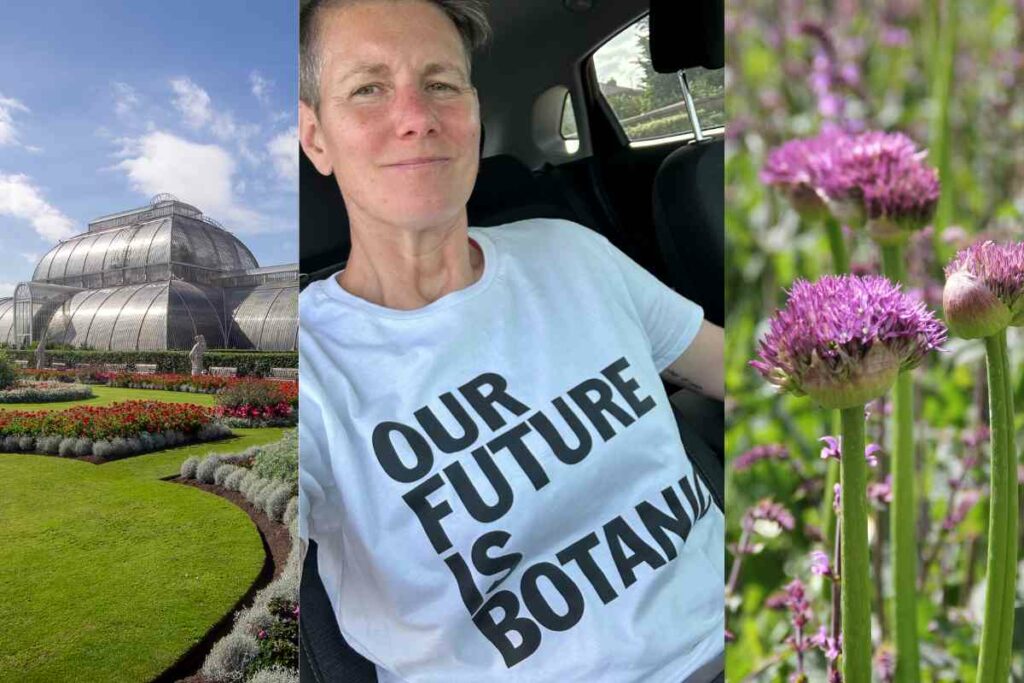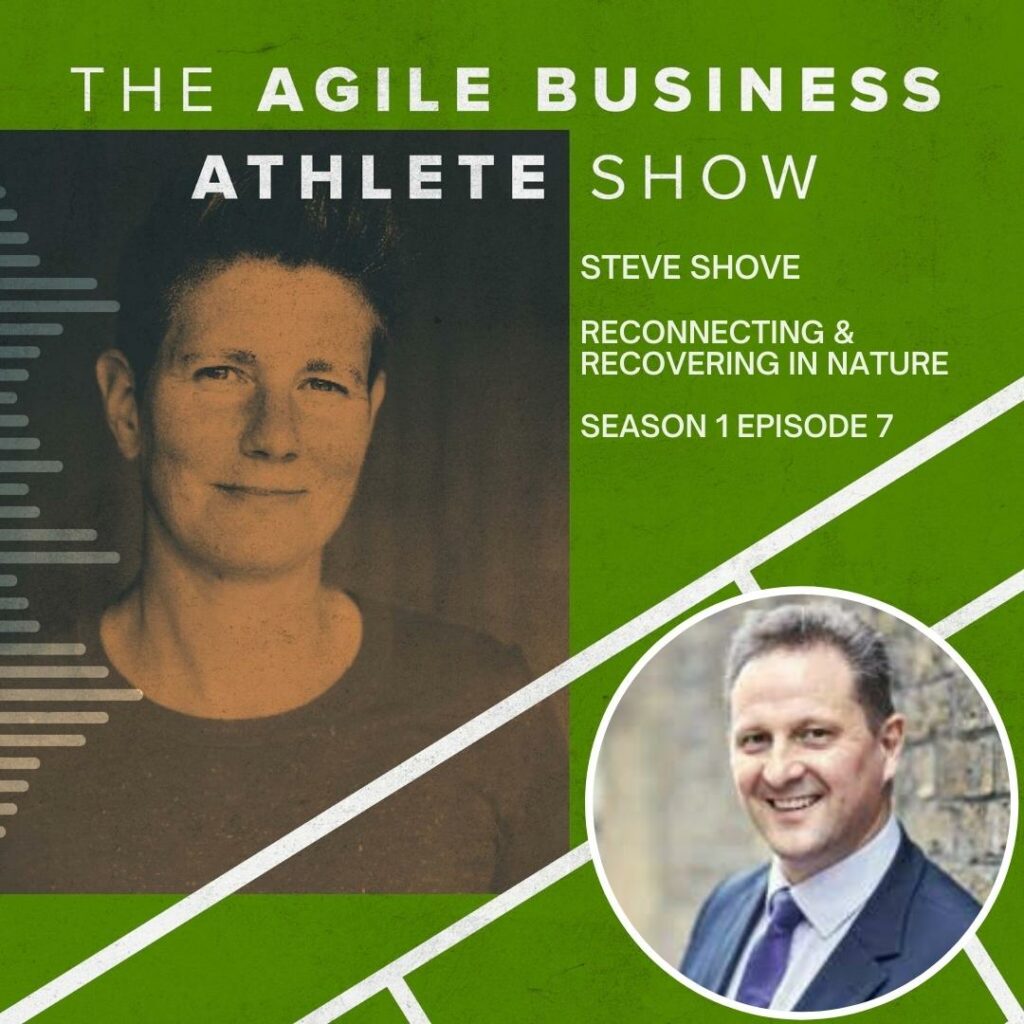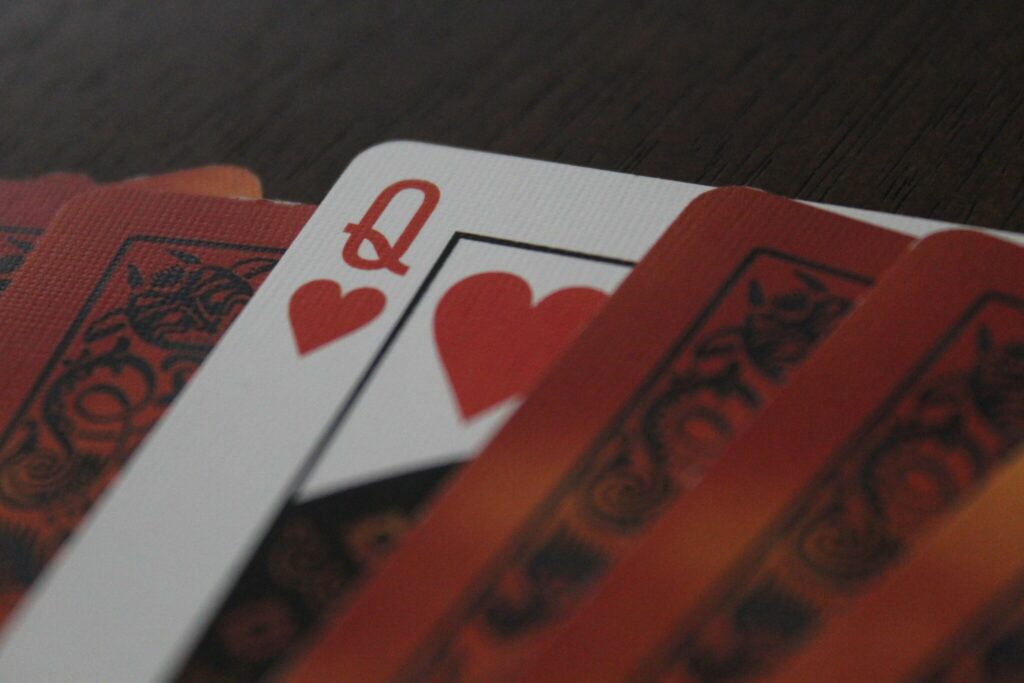This week’s SNAP is all about nature connectedness. We recently visited Kew Gardens, and I was totally struck by the power of botanics. It’s something I’ve never really considered—or rather, something I’ve taken for granted: the plants, the fungi, the little creatures that pollinate or break things down, and the relationship they have with each other and the natural world. And it’s that interconnectedness in particular that really resonated with me.
The interconnectedness of nature
As you probably already know, I’ve been thinking a lot about human connection. My latest keynote, BOND, is on the importance of social relationships in the age of AI. But this experience has got me thinking even bigger. The interconnectedness of nature; the symbiotic relationship we have to just about everything. Plants, each other, animals, fungi—even microscopic organisms! A trip to the countryside for some fresh air and exercise has long been prescribed for improving mental health. But we’re now starting to recognise that the quality of our relationships to nature is equally impactful in terms of wellbeing. In fact, recent scientific studies have linked good nature connectedness to lower levels of depression and anxiety.
How to improve nature connectedness
It’s quite literally in our nature to feel connected to nature, which means it isn’t as hard as you might think to improve this relationship. The most difficult part: creating an opportunity to be in or amongst nature—preferably somewhere with higher biodiversity. Once you’re there, it’s really just about taking it all in. You can read more about how to do this in my blog about forest bathing. But simply being present can generate a lot of positive emotions. This, in addition to more sensory activities, can help to develop our nature connectedness.
Nature is only one way we can improve our sense of connectedness. It could also be meaningful work, purpose, values, and ourselves. It’s belonging, and from a wellbeing point of view, that’s really worth reflecting on. So, how connected are you? Because that’s really, when you boil it all down, what life’s all about. Even if you think you’re pretty well-connected, there’s always capacity for more. As I shared in last week’s blog, when researching for BOND, I found myself subconsciously seeking out more connections—and I’m already a very social person!
What can you do to deepen just one relationship today? And if you find yourself in need of some inspiration, I highly recommend going to Kew Gardens in West London, if you can!
Interested in sharing this message with your team at our next event?
To celebrate the launch of BOND: the importance of social relationships and human connection (in the age of AI) we are offering a 30% discount for all bookings received in October (your event does not need to take place for another 12 months). Click here to book an event scoping call or call 0203 627 6010 to talk to one of the team.
For more wellbeing content, follow @leannespencerkeynote on Insta and LinkedIn.
Take our Cadence Wellbeing Scorecard and receive a free, personalised report with actionable insights you can take into your daily life to optimise your health and wellbeing.
Interested in having Leanne speak to your audience? Book a free, no-obligation discovery call or enquire here: https://leannespencer.co.uk/contact/


